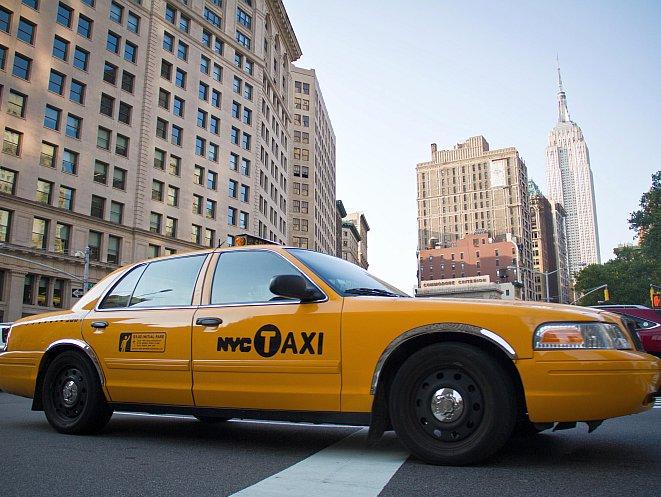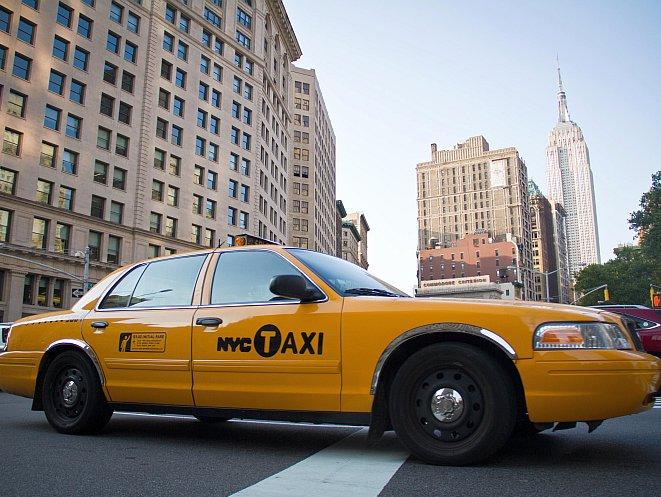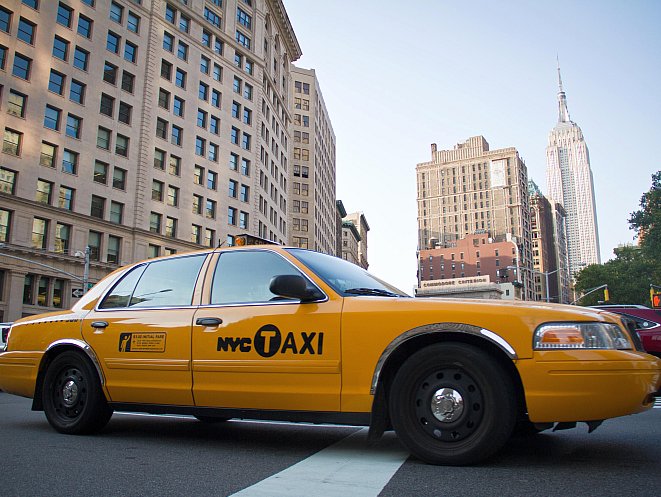NEW YORK—Two thousand yellow taxis and 18,000 proposed outer-borough taxis won’t be hitting the streets for the foreseeable future, after a judge ruled the previously passed legislation unconstitutional.
Mayor Michael R. Bloomberg and David S. Yassky, commissioner of the Taxi and Limousine Commission, the entity that governs taxis in the city, brought the dual proposals to the state Legislature last year. Gov. Andrew M. Cuomo signed the bill into law in February.
The bill adds 2,000 more yellow taxis to the city’s current fleet of 13,237 taxis, and creates a new division of taxis, dubbed the outer-borough taxis—18,000 of these would cruise the area outside of Manhattan’s Central Business District, which ends at 96th Street and includes the airports. The new licenses would have been put out over three years and were supposed to bring into the city coffers $635 million.
But late Friday State Supreme Court Justice Arthur F. Engoron declared the bill null and void.
Engoron temporarily blocked the legislation in June pending further review. He said the way Bloomberg and Yassky had gone to the state Legislature, avoiding the City Council, likely violated a “home rule clause,” which is aimed at keeping city affairs within city government control.
Talks with the City Council broke down last spring, prompting the mayor to bypass them.
Though there are exceptions to the clause, as Engoron noted in his 36-page decision, the taxicab industry has been under city oversight since 1937 “without so much as a murmur from the state, until last year, when approached by some factions of city government.”
Engoron said Cuomo’s signing “appears to be the first instance in which the state Legislature passed a law without a home rule message after having passed laws on the very same subject with home rule messages.”
New York City taxicabs are primarily a matter of city government, Engoron wrote, finding more evidence in the city’s charter. One part states, “Additional licenses may be issued from time to time only upon the enactment of a local law providing therefore.”
The ruling pitted the two sides against each other. One is made up of three entities that filed lawsuits against the city earlier this year, finding trouble with the state passing the law and not the city. The groups, the Metropolitan Taxicab Board of Trade, the Greater New York Taxicab Association, and the Taxicab Service Association, are all invested in the yellow cab industry as drivers, owners, or otherwise. They see the new taxicabs as unwanted competition.
The three lawsuits were rolled into one by Engoron because of the similarities between them.
The other side was the city, the state, the governor, the mayor, and other entities, including livery cab drivers and owners. Livery cabs operate through a phone dispatch system and aren’t legally supposed to pick up street hails, but do sometimes anyway.
The three entities opposed to the plan argued that the legislation violated laws, such as a takings clause that is designed to protect “some people alone” from “bearing public burdens which, in all fairness, justice, should be borne by the public as a whole.” Engoron said that the legislation wouldn’t take away from yellow taxi drivers and owners; they would just be sharing “the right with a larger pool of drivers.”
Yet with taxi medallions costing upward of $1 million, the planned outer-borough licenses at $1,500 to $4,500 each would represent “bargain-basement price[s]” Engoron noted.
The mayor’s office could not be reached for comment Sunday. David Yassky of the Taxi and Limousine Commission said on Twitter “We will appeal right away.”
Guy B. Palumbo, executive vice president of Global Transportation Network Consultants, said in an email that the appeal could take three or more months before a final decision.
The city would need to find $635 million if the appeal isn’t successful soon enough.
The Epoch Times publishes in 35 countries and in 19 languages. Subscribe to our e-newsletter.







